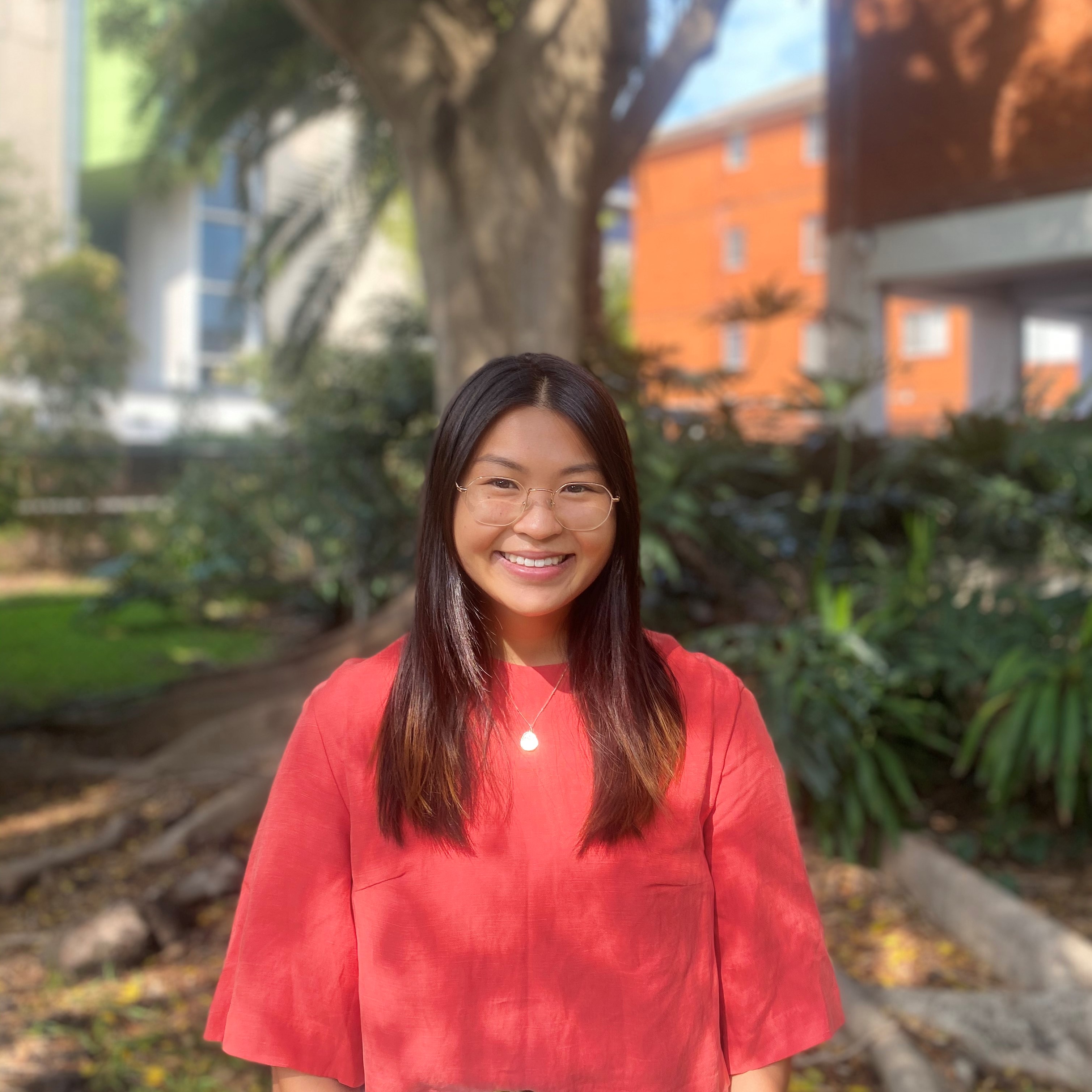
My Expertise
My expertise is in exercise oncology, particularly with childhood cancer survivors. I have a strong focus on improving physical activity and fitness levels in children and adolescents affected by cancer using digital health to engage this at-risk population. My focus also extends to understanding the needs and experiences of parents and families affected by childhood cancer, so that they can best support their child in health behaviours.
Keywords
Biography
Dr Lauren Ha is an Accredited Exercise Physiologist and Post-Doctoral Research Fellow in the Discipline of Paediatrics and Child Health, School of Clinical Medicine. Her research focuses on the role of physical activity in improving health outcomes among young people diagnosed with cancer. She explores innovative digital technologies to improve access to physical activity education and support services, aiming to deliver more equitable,...view more
Dr Lauren Ha is an Accredited Exercise Physiologist and Post-Doctoral Research Fellow in the Discipline of Paediatrics and Child Health, School of Clinical Medicine. Her research focuses on the role of physical activity in improving health outcomes among young people diagnosed with cancer. She explores innovative digital technologies to improve access to physical activity education and support services, aiming to deliver more equitable, engaging, and person-centred care.
Dr Ha holds a Fellowship by The Kids' Cancer Project. She has led the design, implementation and evaluation of digital health education interventions for childhood cancer survivors, using co-design methodologies, and qualitative and quantitative research. Dr Ha has disseminated >18 peer-reviewed publications to date and has attracted >$2.8 mil in grant funding as Chief Investigator.
My Grants
2024-2027 Cancer Patient Support Program, Department of Health and Aged Care
2024-2029 Danish Child Cancer Foundation
2023 Cancer Institute NSW Travel Grant
2022-2025 The Kids' Cancer Project Top-Up Grant
2022-2024 The Kids' Cancer Project Late Effects and Survivorship Fellowship
2022 Australian Government Research Training Program Scholarship
2021 UNSW Faculty of Medicine and Health Support Scholarship
My Qualifications
BExPhys, PhD, ESSAM
My Awards
2021 - ARC Outstanding Student Award 2021, Top 10%
2020 - 3 Minute Thesis UNSW Finalist Top 24
2020 - 3 Minute Thesis Faculty of Medicine, UNSW: 2nd Place and People's Choice
2020 - 3 Minute Thesis School of Health Science, UNSW: 1st Place
My Research Activities
Society Memberships & Professional Activities:
- Associate Editor, Journal of Medical Internet Research (JMIR) Cancer
- Invited Committee Member, Journal of Adolescent Health
- Committee Member, Clinical Oncology Society of Australia (COSA)
- Committee Member, Australia New Zealand Children's Haematology/Oncology Group (ANZCHOG)
- Committee Member, International Psycho-Oncology Society (IPOS)
- Committee Member, The International Society of Pediatric Oncology (SIOP)
- Committee Member, Asia-Pacific Society for Physical Activity (ASPA)
My Research Supervision
Supervision keywords
Areas of supervision
ILP, Honours, Masters, and PhD.
Currently supervising
ILP